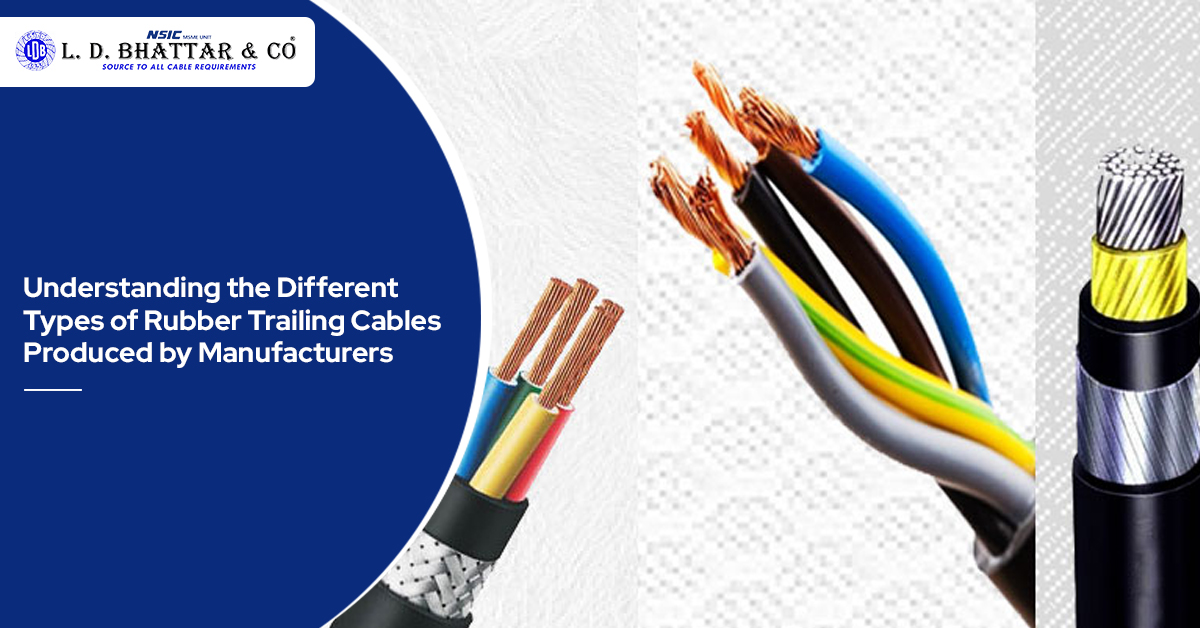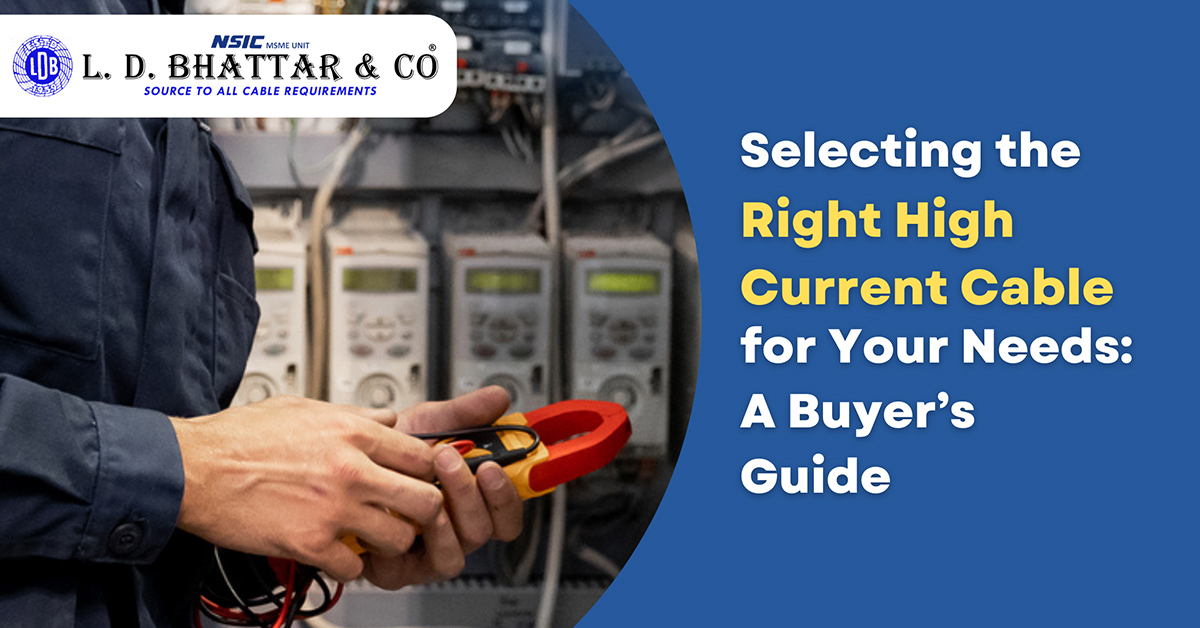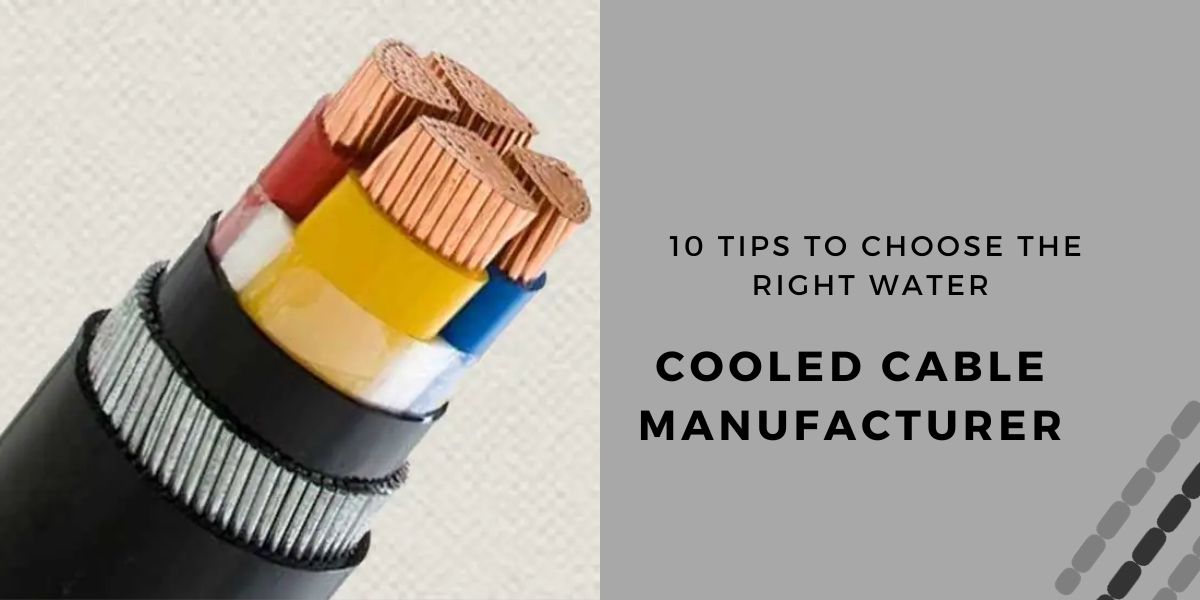Rubber trailing cables are essential components in various industries that provide flexible power and control connections for mobile equipment. This article will explore the different types of products made by rubber trailing cable manufacturers in India, their characteristics, and their applications. Understanding these variations can help you choose the right cable for your specific needs.
What is a Rubber Trailing Cable?
Trailing cables are special electrical power cables designed for mobile equipment. They’re used in machines like draglines, excavators, stackers, and reclaimers. These cables allow mobile equipment to move around while staying connected to a power source. They’re widely used across many industries, such as
- Steel mills
- Cement plants
- Docks
- Power plants
- Automobile factories
- Refineries
- Petrochemical plants.
What are the Types of Rubber Trailing Cables?
There are various types of rubber trailing cables, including:
- Ethylene Propylene Rubber Cables
- Chlorosulfonated polyethylene cables
- Neoprene Cables
- Natural rubber cables
- Silicone rubber cables
What are the Features of These Rubber Cables?
These products are made by rubber trailing cable manufacturers in India and have several features, including:
EPR cables excel in flexibility and resistance to heat, ozone, and weather, which make them ideal for mining equipment and offshore platforms. CSP cables offer superior resistance to abrasion, oils, and chemicals commonly used in construction sites and steel mills. Neoprene cables are versatile and are often found in manufacturing plants and welding equipment.
Natural rubber cables provide exceptional flexibility and fatigue resistance, which make them perfect for applications like mobile cranes and conveyor systems. Each type has specific strengths, such as
- Flame-retardant properties
- UV resistance, or low-temperature flexibility
What Factors Should You Consider While Purchasing Products?
While purchasing the products produced by rubber trailing cable manufacturers in India, you must consider several factors, such as:
- Safety standard
- Environmental conditions
- Cost-effectiveness
- Flexibility
- Electrical requirements
- Mechanical stress
Contact Us!
Choosing the right rubber trailing cable is important when it comes to safe and efficient operations in various industrial applications. By understanding the different types of cables and their unique properties, you can make an informed decision that meets your specific requirements. With proper care and maintenance, the rubber trailing cable will provide reliable performance and longevity for your operations.
Remember to consult with rubber trailing cable manufacturers in India for specific recommendations tailored to your application. If you want to learn more about it, get in touch with us at L. D. Bhattar & Co.




